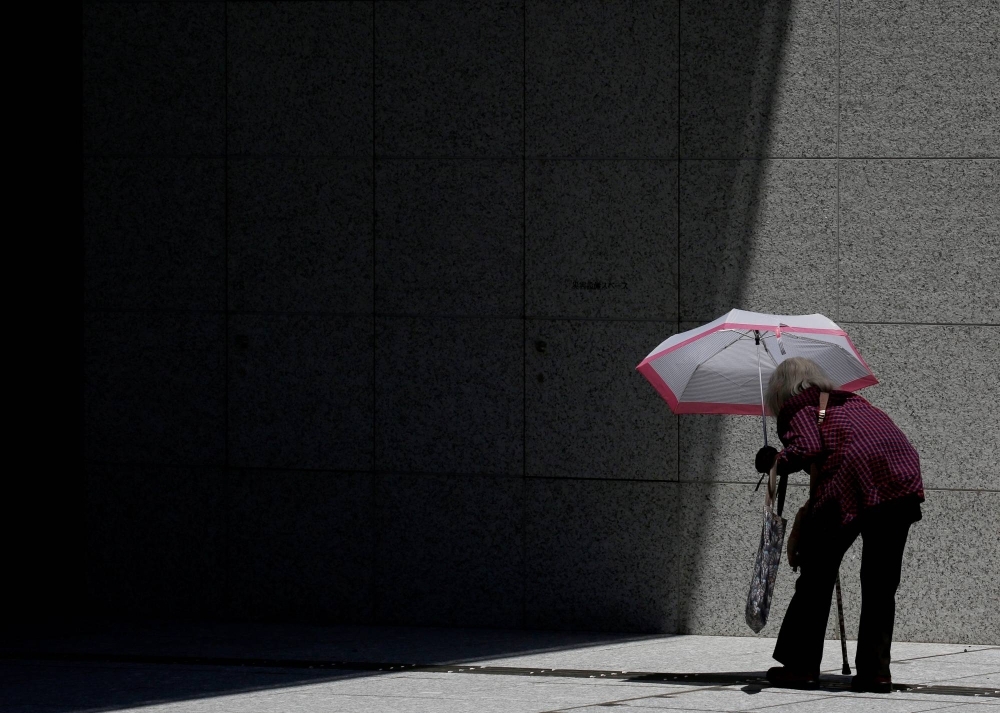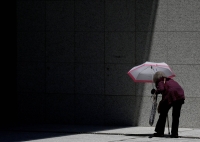One in five Japanese households by 2050 will be elderly people living alone, a new study said Friday, as Japan scrambles to find how to effectively care for its graying population.
By 2050, 10.8 million elderly people will be living alone, making up 20.6% of all households, the National Institute of Population and Social Security Research said in a projection that it issues every five years.
It marks an increase since 2020, when 7.37 million elderly, or 13.2% of all households, lived alone.
The projection came as young Japanese people delay marriage or choose not to have children partly because they cannot afford to do so.
Japan is facing a steadily worsening population crisis, as its expanding elderly population leads to soaring medical and welfare costs and a shrinking labor force to pay for it.
Many elderly people currently have children or siblings who can look after them, even if they live alone, the institute said.
"However, 30 years from now, the proportion of elderly single-person households with no children — whether married, bereaved, or separated — is expected to increase, and the number of siblings of the individual will also decrease," the study warned.
Japan's overall population shrank by 595,000 to 124 million in 2023, marking the 13th straight annual fall, according to government data released Friday.
The scale of the decrease was offset by an inflow of foreign nationals, the data showed, while the population of Japanese nationals dropped by 837,000 to 121 million.
The government has attempted to slow the decline and aging of its population without meaningful success.




